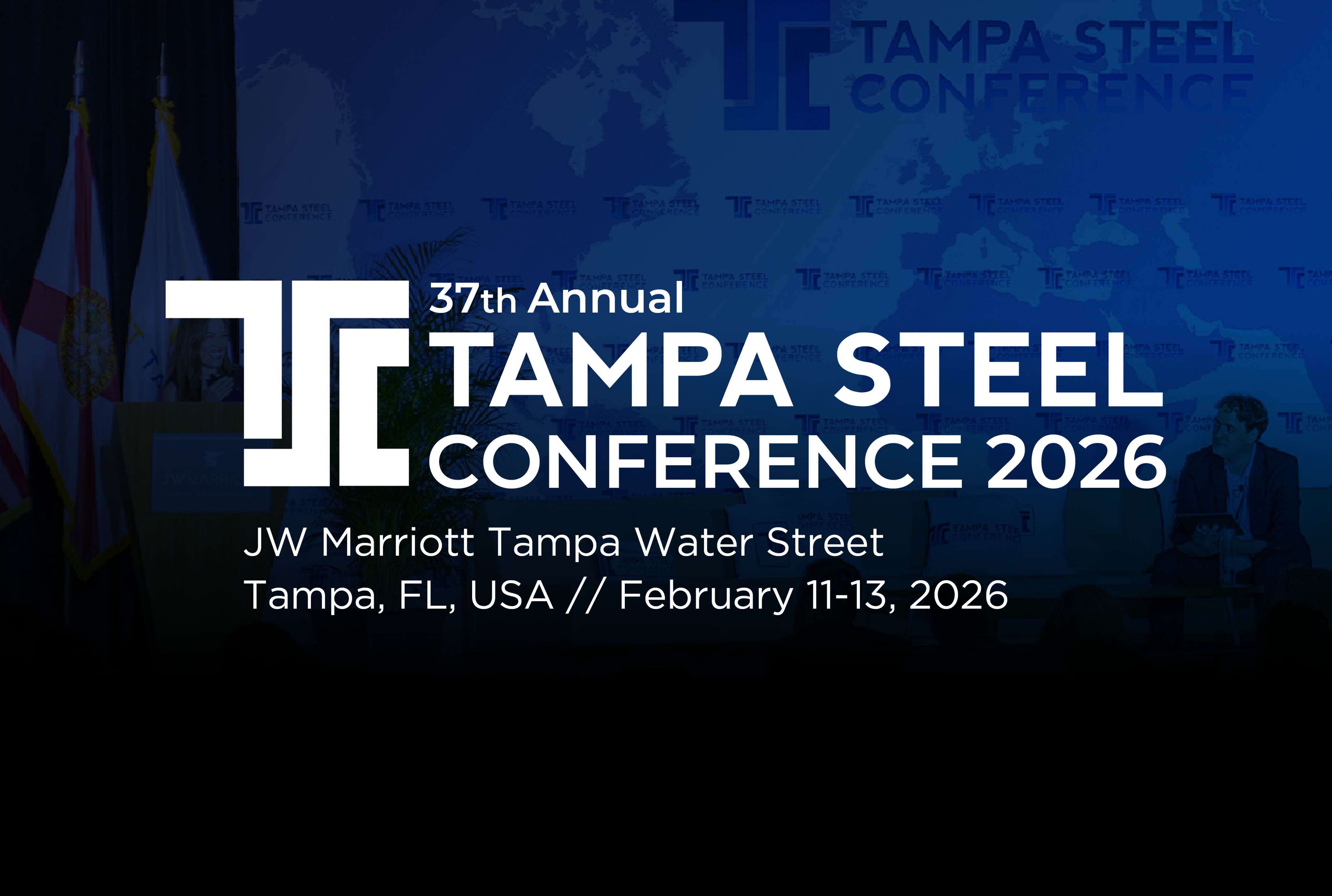Community Events
January 8, 2023
Leibowitz: US Falls Out of Love With WTO Over Section 232
Written by Lewis Leibowitz
The United States lost a dispute in the World Trade Organization last month. This is hardly the first time. In this case, tariffs and other import restrictions on steel and aluminum imposed by President Trump in 2018 were found to violate WTO agreements.
The United States argued that its invocation of “essential security interests” was not reviewable at the WTO because those interests are totally within the discretion of the US (“self-judging”). The opposing parties (China, Norway, Switzerland, and Turkey) argued that the trade restrictions violated WTO agreements and that the General Agreement on Tariffs and Trade (“GATT”), the basic WTO document, did not excuse those violations.

Under Article XXI(b), any WTO member may impose trade restrictions it considers necessary for “essential security interests.” But the provision goes on to say that the actions may be taken only in three distinct situations. The most important of these situations for this case refers to measures “taken in time of war or other emergency in international relations.” The cases were brought in 2018. The WTO panel decision was announced in December.
The WTO panel first concluded that Section 232 actions violated the GATT. Under WTO agreements, members are bound by their tariff commitments unless an exception applies. Finding violations of GATT by imposing tariffs of 25% (steel) and 10% (aluminum) was not a surprise. The imposition of an additional 25% tariff on steel from Turkey (August 2018) and the tariffs on steel and aluminum “derivative products” (January 2020) were also found to violate the GATT.
These findings were a necessary preliminary step—if there were GATT violations, then the issue of whether Article XXI excused those violations was ripe for decision.
The US argued that Article XXI(b) allows any WTO member to determine that its “essential security interests” are at stake and that no other member may challenge that assertion. That argument did not win in the WTO.
The WTO panel ruled that it had the authority to determine if the challenged actions were based on an “emergency in international relations.” This is consistent with previous decisions. Then the WTO panel proceeded to the crux of the case. The WTO decided that global overcapacity in steel and aluminum did not amount to such an emergency because it did not amount to a “critical or serious” impact on international relations.
The US reacted unusually vigorously against the decision. The US Trade Representative’s office said, “The United States has held the clear and unequivocal position, for over 70 years, that issues of national security cannot be reviewed in WTO dispute settlement.” We’ll see about that.
The United States is certainly free to speak its mind about these issues. However, looking at the relevant WTO agreements, its position does not appear to be supported. The GATT itself, the Dispute Settlement Understanding and the Vienna Convention on the Law of Treaties, an internationally accepted guide to the interpretation of international agreements, permit a tribunal like the WTO panel to interpret the language of the agreements that are plainly under its jurisdiction. The panel’s interpretation was not outlandish. But reasonable people may differ.
Before anyone gets snippy about ceding national sovereignty over essential security decisions to a group of “unelected bureaucrats” in Geneva, it is important to consider the consequences of this decision.
They are not huge. While China, Norway, Switzerland, and Turkey may impose import restrictions on US products to compensate for the alleged injury caused, they may not do so for quite a while under WTO rules. Such compensation is not permitted until the decision becomes final. It is not final yet and may never be.
Under WTO agreements, losing parties may appeal to the WTO Appellate Body before throwing in the towel. I expect that the US will appeal this decision, which under current circumstances would put it in limbo because the US has refused to permit the Appellate Body to function. The Appellate Body has seven seats, and all seven are vacant. The Trump administration rejected all nominees to the Appellate Body beginning in 2019. The terms of all seven members of the Appellate Body have expired, and the Appellate Body has not functioned since November 2020. The Biden administration has continued Trump’s policy.
There is no one available to hear the appeal of this case. And any retaliation against US exports will not be authorized until the AB is reconstituted. There is no prospect of that happening any time soon.
Even if the US does not appeal, it can object to the imposition of trade restrictions under the Dispute Settlement Understanding. That would require another dispute settlement proceeding. That could take a couple of years to complete and would not become final without a functioning Appellate Body.
All told, the concession of sovereignty by WTO members over whether an “emergency in international relations” is largely theoretical. Before the creation of the WTO in 1995, countries could ignore adverse GATT decisions with impunity. Since 1995, only limited consequences attach to violations of trade agreements. The US can take these actions and face only limited consequences. Freedom of action in the national security arena, even if the action is irrational, continues almost entirely unabated.
The US reaction against the WTO decision points to a larger concern. The United States has clearly “fallen out of love” with the WTO and the related policies of international engagement and trade expansion. And the US is hardly alone. Japan’s Minister of Economy and Trade, Yasutoshi Nishimura, spoke last week about the need for basic WTO reform. And China has clearly disappointed those who hoped that China’s entry into the WTO would change that country’s behavior.
That attitude is understandable. But the US actions in defiance of WTO norms will hurt the chances for progress in rebuilding international economic engagement and peaceful competition. It may also damage adherence to international geopolitical rules that protect smaller nations from aggression by larger ones (the Ukraine war, for example).
Disputes will certainly arise under international agreements. When they do, the parties should consider whether losing these disputes is more important than preserving the rule of law among nations. The system is certainly not perfect. But fighting in court is better than fighting on the battlefield.
Lewis Leibowitz
The Law Office of Lewis E. Leibowitz
5335 Wisconsin Avenue, N.W., Suite 440
Washington, D.C. 20015
Phone: (202) 617-2675
Mobile: (202) 250-1551
E-mail: lewis.leibowitz@lellawoffice.com






